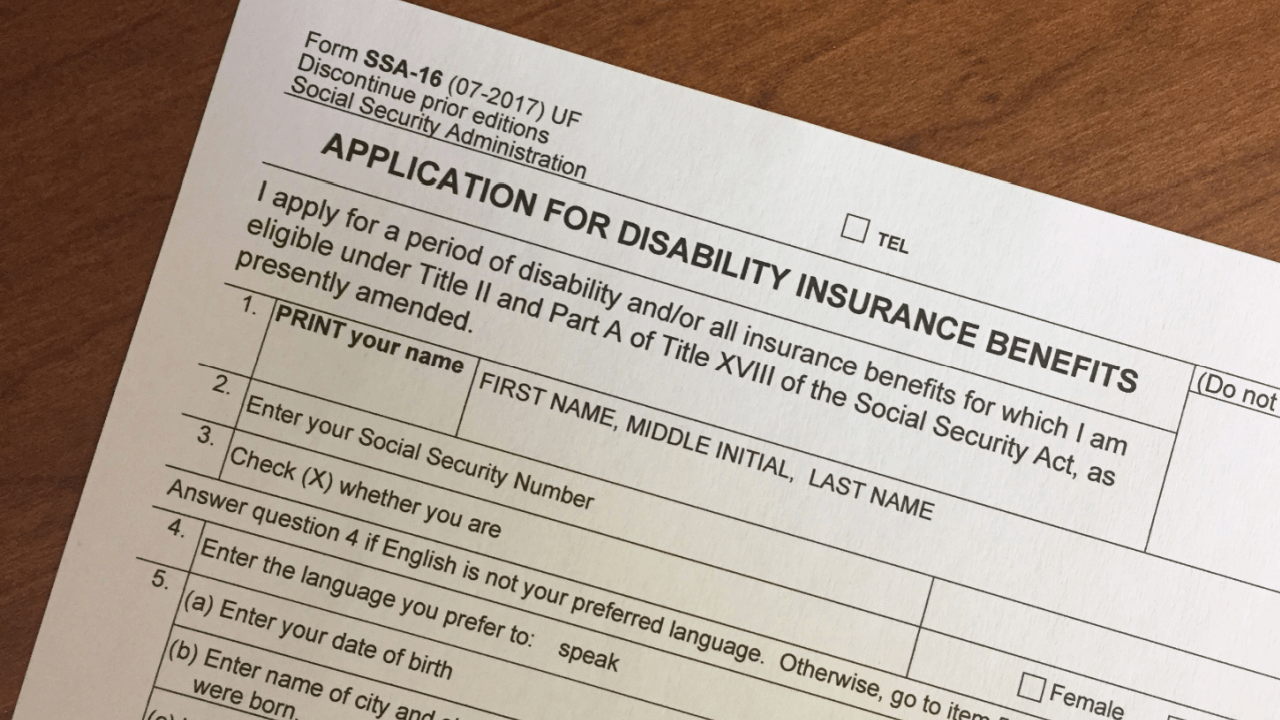
What Is the Most Approved Disability? The Conditions Most Likely to Qualify
What Is the Most Approved Disability? Common SSDI Approvals Explained
If you’re applying for Social Security Disability Insurance (SSDI), one of the questions you might ask is: What is the most approved disability? While SSDI approval is based on a wide range of medical conditions, some are approved more frequently than others due to how clearly they meet SSA criteria and how well they are supported by medical evidence.
Understanding which disabilities are most commonly approved—and why—can help applicants better prepare their claims and avoid common pitfalls. In this article, we’ll explore which conditions top the approval list and how to strengthen your application if you live with one of these diagnoses.
Approval Pattern Insight: Why These Conditions Are Frequently Approved for Disability Benefits
The most approved disabilities tend to be those that are:
- Clearly defined in the SSA’s Blue Book
- Well-documented with objective medical evidence
- Proven to prevent full-time work
Here are some of the top conditions with high approval rates:
Musculoskeletal Disorders
Back injuries, spinal disorders, joint problems, and degenerative disc disease are among the most approved because they often result in limited mobility, chronic pain, and the inability to perform physical tasks required for work.
Mood and Anxiety Disorders
Depression, bipolar disorder, and severe anxiety disorders are commonly approved mental health conditions. These disorders can significantly impair one’s ability to concentrate, interact with others, or maintain regular attendance at work.
Neurological Conditions
Epilepsy, multiple sclerosis, Parkinson’s disease, and ALS frequently qualify due to their progressive and disabling nature, especially when documented with neurological testing.
Respiratory Disorders
Conditions such as chronic obstructive pulmonary disease (COPD) and asthma are often approved when they severely limit breathing capacity or require frequent hospitalization.
Cancer
Certain aggressive or late-stage cancers, including pancreatic, liver, lung, and metastatic cancers, may be evaluated under SSA’s Compassionate Allowance program when medical criteria are met.
While these are common approvals, it’s important to note that every case is unique, and even listed conditions require proper documentation.
Claim Support Tips: How to Strengthen Your Claim If You Have a Commonly Approved Condition
Even if you have one of the most frequently approved disabilities, you still need a well-prepared application to support your claim.
Include All Relevant Medical Records
SSA wants to see lab results, imaging (like MRIs or CT scans), treatment records, and physician notes that support your diagnosis and show the condition’s severity.
Get a Residual Functional Capacity (RFC) Assessment
An RFC form from your treating doctor describes your limitations in detail—such as your ability to sit, stand, walk, lift, concentrate, or interact with others.
Demonstrate Consistency With Treatment
Applicants who follow treatment plans, attend appointments, and take prescribed medications show the SSA that the condition persists despite medical efforts.
Describe Work Impact in Detail
Clearly show how your condition affects your ability to work a full-time job. Include physical, mental, and functional limitations.
Work With an SSDI Lawyer or Advocate
Legal professionals can help organize medical evidence to align with SSA requirements and assist with timely submission.
Diagnosis vs. Documentation: What Is the Most Approved Disability?
So, what is the most approved disability? Based on approval patterns, musculoskeletal disorders such as back injuries and degenerative disc disease are among the most commonly approved, followed by mood disorders, neurological conditions, and respiratory issues.
However, approval isn’t automatic—even for the most common conditions. The quality of your evidence and how well your claim is prepared matter more than the diagnosis itself.
Get Legal Support for a Successful SSDI Claim
If you’re filing a disability claim for one of the more commonly approved conditions, you may wish to speak with a licensed attorney Legal Brand Marketing connects you with SSDI attorneys who can review your situation and explain the process.
Contact us to be connected with a disability lawyer who can discuss your options.
Frequently Asked Questions (FAQs)
1. What disability is most commonly approved by SSA?
Musculoskeletal disorders—especially back injuries and joint problems—are the most frequently approved SSDI conditions.
2. Do mental health conditions get approved for disability?
Yes. Conditions like depression, anxiety, and bipolar disorder are often approved when properly documented and shown to limit function.
3. Is cancer always approved for disability?
Not always, but late-stage or aggressive cancers may qualify quickly under SSA’s Compassionate Allowance program.
4. Do I need a lawyer to apply for SSDI with a common condition?
While not required, a lawyer greatly increases your chances by ensuring your application meets SSA standards and includes the right evidence.
5. How long does it take to get approved for SSDI?
Initial decisions take 3–5 months. With legal support, applicants often avoid unnecessary delays and increase their chances of first-round approval.
Key Takeaways
- Musculoskeletal and mood disorders top SSDI approval lists.
- Strong evidence and RFC assessments are key to success.
- Even common conditions require proper documentation.
- Legal help improves outcomes and reduces processing delays.
- Legal Brand Marketing connects you with disability lawyers who know how to win SSDI cases.


